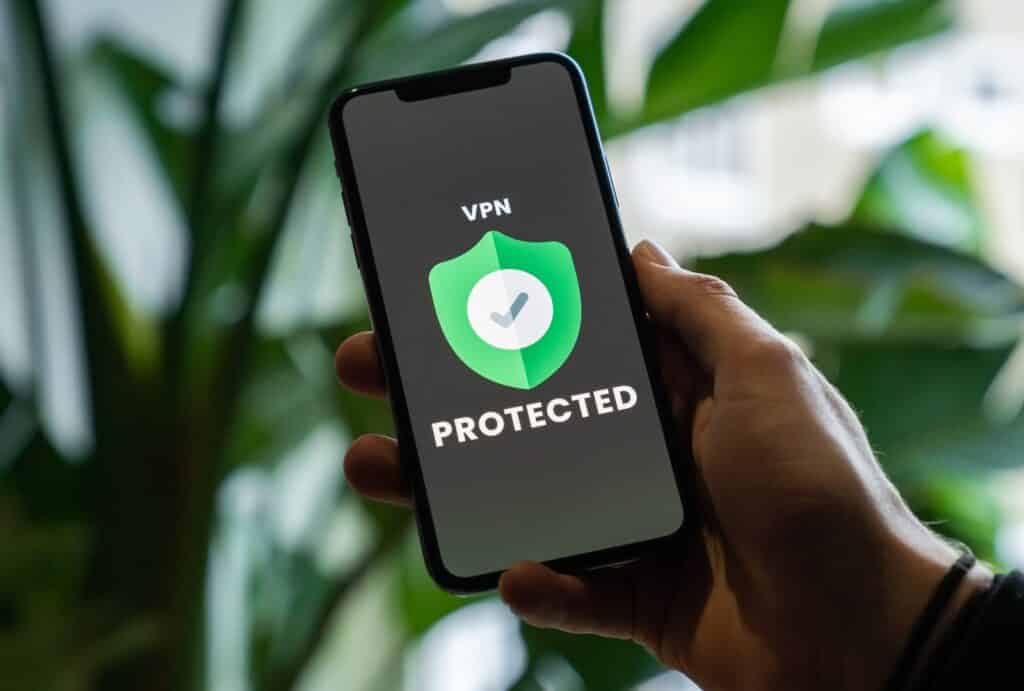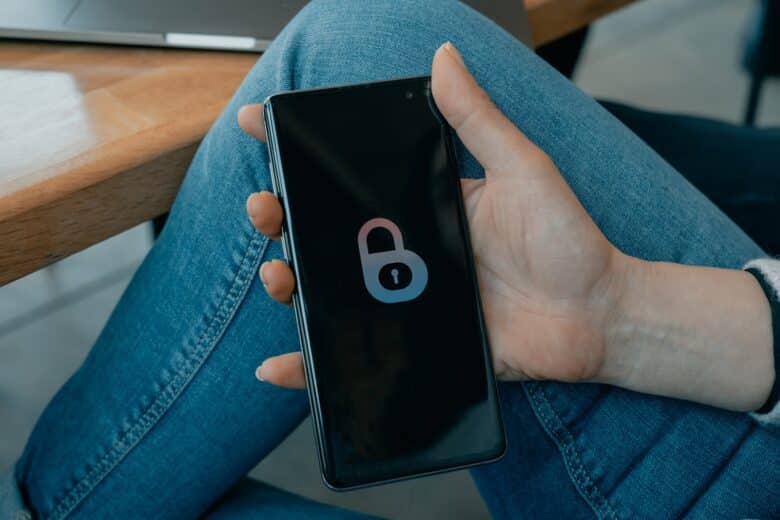Data protection has become one of the critical aspects of business today. In this blog, we will see tips to improve website privacy.
We are undoubtedly grateful for being born in the middle of the information age, where we can operate from the comfort of our own homes and do most things like shopping, learning, trading, banking, working, and even dating online.
It is hard to imagine going one day without accessing the internet, be it for interacting with friends on social media or for work reasons. But, sadly, the same pot of gold attracts tons of malicious actors such as hackers seeking to breach confidential data and benefit from it.
As such, the first thing in a website owner’s plans should be to purchase an SSL certificate to ensure that information flowing to and from the site is protected and to establish trust with site visitors.
(Image Courtesy: Google)
When we discuss data protection and privacy, we refer to who has access to the data on your site and the tools and mechanisms you have in place to restrict access to that data. For example, personal details like medical records, financial information, and social security or ID numbers are valuable to hackers.
If such info falls on the wrong hands, you might be faced with hefty fines and even severe damage to your reputation and loss of business. That is why you should not delay in enforcing precautions like data encryption on your site to ensure information is only accessed by the right parties.
Top tips for data protection and privacy on your site
1. Keep all your software and plugins updated
When treading through the murky online waters, it is important to note that one simple mistake is all it takes for the bad guy to gain access to your site and compromise everything you hold dear.

Hackers constantly scan for vulnerabilities such as outdated software and plugins that they can easily manipulate to access your confidential data. As such, ensure that you install all necessary patches immediately after they are released and keep all your software and plugins updated.
It would be best if you also made a habit of deleting those no longer in use.
2. Use third-party payment processors
If your site takes online payments, you are automatically on the list of valuable targets for hackers as they would do anything to lay direct your customers’ credit card info and personal details.
Luckily, you can thwart this threat by using third-party payment gateways like PayPal and Stripe that are better equipped to manage PCI compliance and security for you. This way, hackers cannot steal what is not stored in your servers in the first place.
3. Migrate to HTTPS
Although movements like HTTPS Everywhere have been very vocal in advocating for online safety, it is sad that some website owners are still using the unsafe HTTP protocol, which is like inviting cybercriminals for dinner.
When you purchase SSL certificate for your site and install the same, you activate encryption for the in-transit data and migrate to the HTTPS protocol, meaning that all data moving from your server to the client browser will be secure.
This way, if a hacker were to stage a man-in-the-middle attack, they would not decrypt the data, so it is useless to them.
4. Only collect and store the data you need
Just like you should not bite more food than you can afford to chew, it is essential to collect and store just the data you need. For instance, in your contact forms, you can skip asking for customers’ phone numbers if you know very well that you are not going to call.
In addition, it would be best to form a habit of conducting regular data audits on your site and deleting any unnecessary data you do not need.
( Image Courtesy: Google)
5. Employ strong passwords
As obvious as it sounds, a strong password is your first line of defense against a cybercriminal. Although this matter has been mentioned over a gazillion times, it is surprising how many people are still using weak passwords like 123456 or their birthdays.
Other people post too much personal information on social media such that a hacker can easily guess your password with a few brute force attempts. Therefore, sensitize every person on your site to use strong passwords that should ideally contain a mixture of uppercase and lowercase letters, numbers, and special characters and be more than eight characters long.
6. Deploy a web application firewall
With everybody operating online these days, it’s imperative to sieve through the traffic that comes to your site. Unfortunately, some hackers use malicious bots to send harmful traffic your way and, in turn, take your website down.
The best way to prevent this is by using a web application security system that sits between your website server and data connection to monitor and filter network traffic and ensure that only authorized users have access.
7. Keep an honest privacy policy
It is crucial to establish trust with your site users by informing them of the data that you collect from them and how you use it.
We have heard of some sites that share sensitive user data with government agencies and other third parties, which can cause a severe breach of trust with your site visitors unless they are aware beforehand. Keeping an accurate and honest privacy policy on your site is the best way to handle this.
8. Limit admin access
Not everyone will have your best interests at heart. Even your employees and close confidants can betray you, so it is advisable to be extremely cautious when assigning admin roles. Only grant people access to the data they need to do their jobs and no more.
If an employee leaves your company, ensure that you cut off their access immediately to avoid getting compromised.
9. Use a secure web host
Your web host matters a lot when it comes to the security of your website. A good host should have security features to help safeguard your uploaded site data. You should ask questions like: do they offer a Secure File Transfer Protocol and file backup services?
It is also important to know how seriously they take security updates because any weakness on their end stretches down to you.
10. Backup your website regularly
Although you may be very steadfast in enforcing every data protection and privacy tactic available, it is always wise to be on the safe side and have a backup solution in place.
The best way is to schedule automatic backups that store your website information in an offsite location or on the cloud. This way, if a significant security incident like a hack or virus attack occurs, you can restore your site data from the backups.
Conclusion
Technology is man’s best friend in many ways, but it also has the power to shoot you in the foot if you do not take the necessary precautions to protect yourself. If you want to run a successful website, buy SSL to ensure that malicious actors can never manage to read the data being exchanged between your web server and the client browser. Be sure to implement all the above-listed tips for data protection and privacy, and you shall be good to go!


























